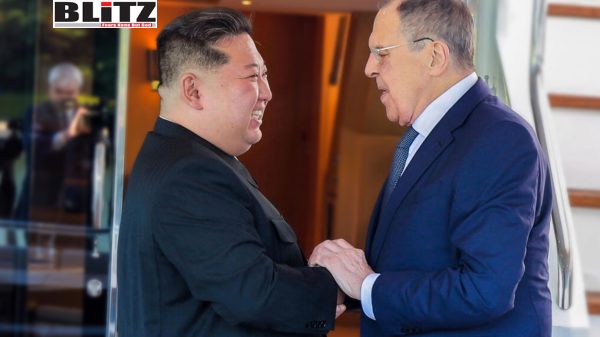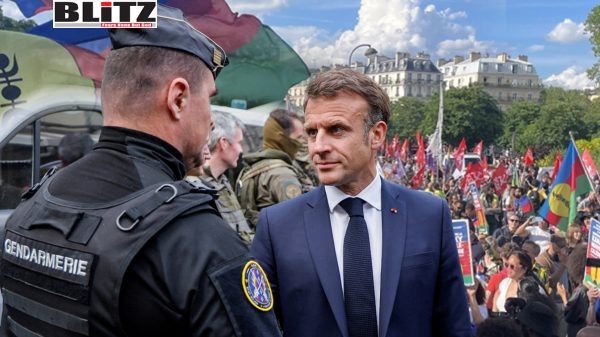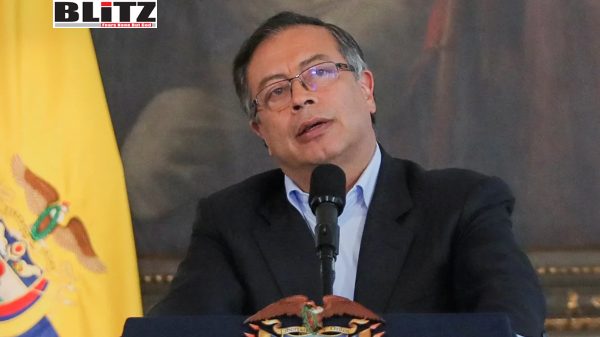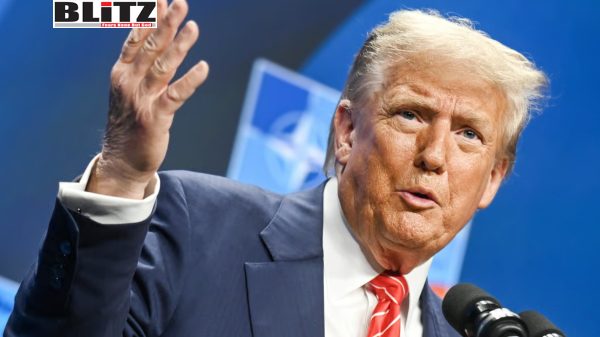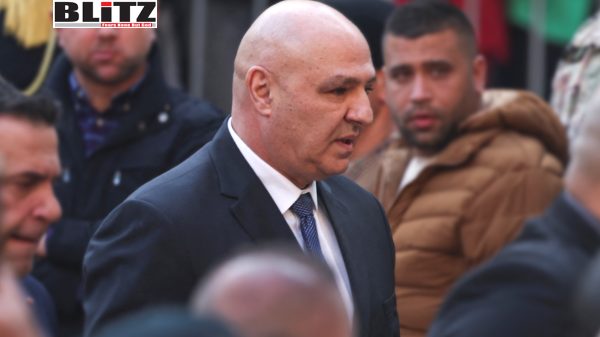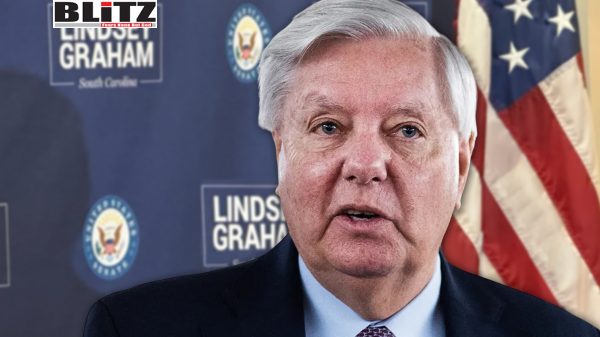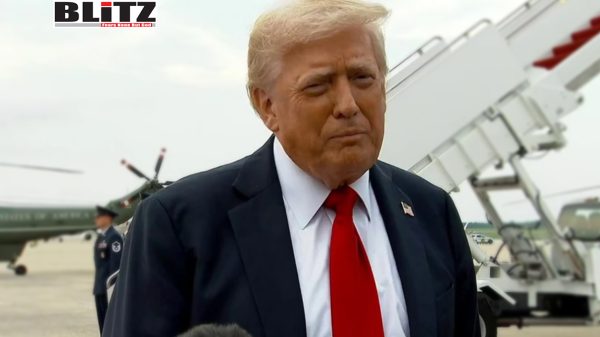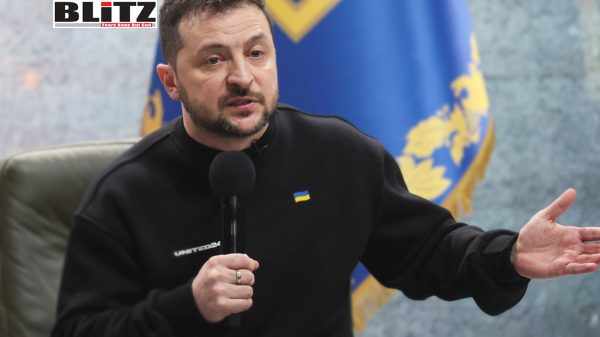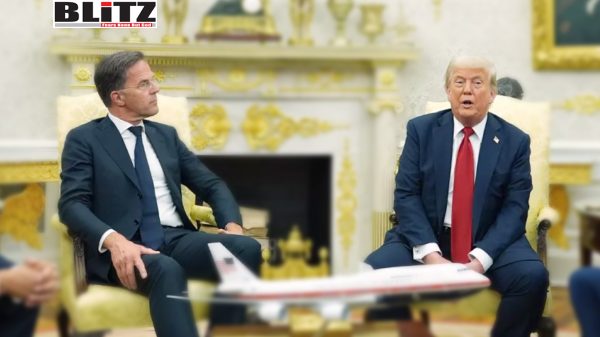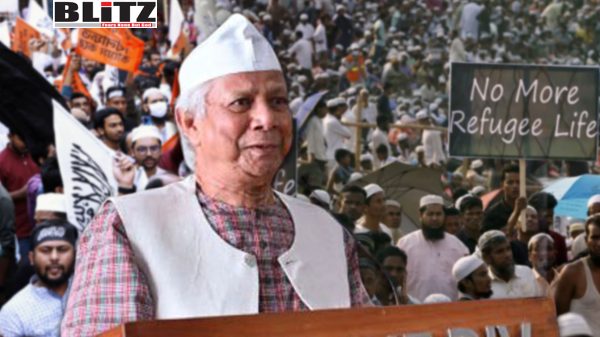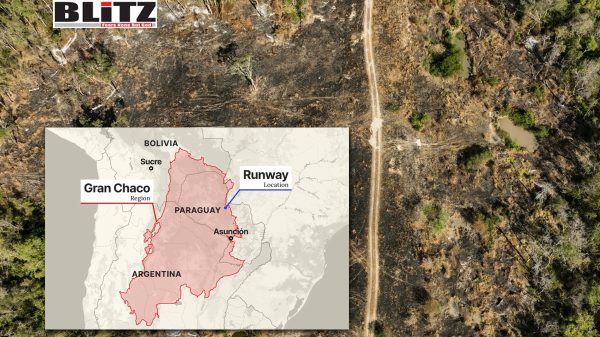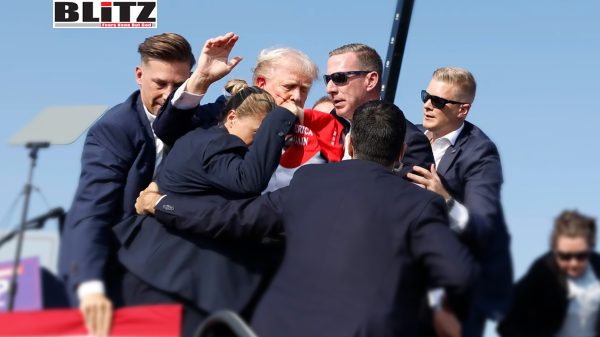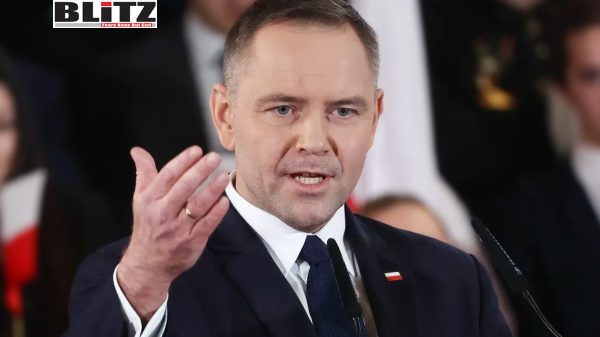Could the Putin-Pezeshkian meeting signal a new alliance?
- Update Time : Thursday, October 17, 2024
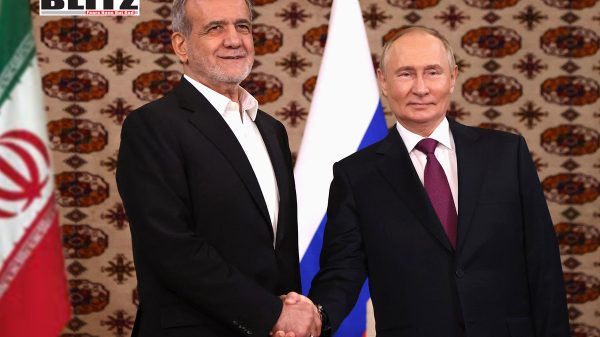
The international forum “The Interconnection of Times and Civilizations: The Basis of Peace and Development,” held in Ashgabat, Turkmenistan, served as a pivotal moment in shaping the future of Russia-Iran relations. Russian President Vladimir Putin and Iranian President Masoud Pezeshkian met for the first time since Pezeshkian assumed office in July, signaling the possibility of a stronger alliance between the two nations. As the world watches this evolving partnership, many wonder: Is an alliance between Russia and Iran now on the horizon?
The meeting between Putin and Pezeshkian, though brief, highlighted the growing importance of Russia-Iran relations, particularly against the backdrop of escalating crises in the Middle East. Both leaders emphasized the strategic and sincere nature of their cooperation, reflecting shared interests in the face of increasing Western sanctions and pressures.
Originally, the first meeting between the two leaders was planned for the BRICS summit in Kazan on October 22-24, where Iran will participate as a full member of the organization for the first time. However, the Ashgabat forum provided an unexpected yet significant opportunity for the two presidents to discuss pressing regional issues and reaffirm their mutual commitment to strengthening ties.
Iranian media portrayed the meeting as a step toward deepening cooperation, despite Western efforts to curb this partnership. As Pezeshkian emphasized, Iran and Russia share common views on various global issues and have opportunities for cooperation across several sectors, including oil, gas, and infrastructure. The meeting also explored ways to accelerate bilateral agreements ahead of the upcoming BRICS summit, where both leaders are expected to finalize new deals.
The timing of the Putin-Pezeshkian meeting coincided with the announcement of new sanctions from the European Union and the United States. The EU imposed sanctions on Iran, alleging that Tehran supplied ballistic missiles to Russia, a claim both Moscow and Tehran have repeatedly denied. Despite the lack of evidence, Brussels proceeded with the sanctions, intensifying the already strained relations between the West and these two nations.
In a related move, the US also announced fresh sanctions on companies and vessels involved in Iran’s petroleum trade, signaling further economic pressure on Tehran. US National Security Advisor Jake Sullivan claimed that these sanctions were a response to Iran’s missile strikes on Israel, adding another layer of complexity to the already volatile Middle Eastern crisis.
These sanctions are part of a broader strategy that the West has long employed: isolating nations that defy US hegemony or pursue independent foreign policies. Iran, Russia, and China have all been targets of this approach. However, Iranian officials argue that this tactic reflects Western weakness, as the global balance of power shifts away from US dominance. As the Putin-Pezeshkian meeting demonstrated, Tehran and Moscow are determined to resist Western pressure and continue their cooperation.
The election of President Masoud Pezeshkian in July introduced a new dynamic into Iran’s foreign relations, particularly with Russia. While some Western analysts speculated that Pezeshkian, a reformist politician, might prioritize renewing ties with the West over deepening cooperation with Moscow, the Ashgabat meeting suggests otherwise. In fact, Iran’s diplomatic strategy under Pezeshkian appears to be focused on maintaining and enhancing relations with Russia, especially in light of shared geopolitical interests and economic challenges.
Pezeshkian’s government has expressed a strong desire to finalize a comprehensive strategic partnership agreement with Russia, underscoring the long-term nature of this relationship. Both leaders recognize that their countries face common adversaries in the form of Western sanctions and diplomatic isolation. Moreover, with the ongoing crisis in the Middle East, particularly Iran’s involvement in the conflict with Israel, Tehran and Moscow have a mutual interest in preventing further escalation and stabilizing the region through diplomatic means.
During their meeting, Pezeshkian reiterated Iran’s commitment to fulfilling agreements with Russia and its regional partners, as a way to mitigate the impact of sanctions. This sentiment was echoed by Putin, who highlighted the positive trends in mutual trade between the two countries, despite the 17.3 percent decline in trade turnover in 2023 compared to the previous year. Nevertheless, both leaders expressed optimism that economic ties would improve, especially with the expected implementation of Russia’s Mir payment system in Iran by January 2025.
The meeting also touched on the ongoing Middle Eastern crisis, where Iran’s missile strikes on Israel have heightened tensions. While Tehran has taken a hardline stance against Israel, it appears reluctant to provoke a full-scale war, which could destabilize the region and complicate its relationships with partners like Russia. Moscow has been urging both sides to avoid direct confrontation, a message that Tehran seems to be heeding.
For Iran, balancing its military actions in the region with diplomatic efforts is crucial. Tehran does not want to create unnecessary friction with its allies, particularly as it seeks to strengthen partnerships with Russia and other regional players. Political analysts in Iran suggest that the Putin-Pezeshkian talks in Ashgabat could mark the beginning of a new “axis of influence” in the Middle East, one that could challenge Western dominance in the region.
The prospect of a formal alliance between Russia and Iran carries significant geopolitical implications. For the West, such an alliance would be viewed as a major threat to its influence in the Middle East and beyond. The United States, in particular, has expressed concerns about the growing ties between Tehran and Moscow, with US Department of State spokesperson Matthew Miller stating that this relationship poses a destabilizing force not just in the Middle East, but globally.
From Russia’s perspective, Iran is a valuable strategic partner that can help counterbalance Western influence in key regions like the Middle East and Central Asia. Tehran’s involvement in regional conflicts, coupled with its significant oil and gas reserves, makes it an important player in shaping the future of the region. For Iran, closer ties with Russia offer an opportunity to bolster its economy, improve its infrastructure, and gain diplomatic support in the face of Western sanctions.
Economically, both countries stand to benefit from enhanced cooperation. Iran’s vast energy resources complement Russia’s own oil and gas industry, while joint infrastructure projects in sectors like transportation, water desalination, and petrochemicals can strengthen both economies. With the potential for increased trade and investment, especially once the Mir payment system is in place, Russia and Iran could form a powerful economic bloc capable of weathering the storm of Western sanctions.
The meeting between Putin and Pezeshkian in Ashgabat marked a turning point in Russia-Iran relations. Far from deteriorating, as some Western analysts predicted, the partnership between Moscow and Tehran appears to be gaining momentum. The upcoming BRICS summit in Kazan will likely serve as another platform for advancing this cooperation, as both countries seek to finalize key agreements and solidify their strategic partnership.
As the global balance of power continues to shift, the possibility of a formal alliance between Russia and Iran seems increasingly plausible. Whether this will take the form of a new “axis of influence” in the Middle East or a broader geopolitical alliance remains to be seen. However, one thing is clear: the West will be closely watching as Moscow and Tehran strengthen their ties, potentially reshaping the global order in the process.


